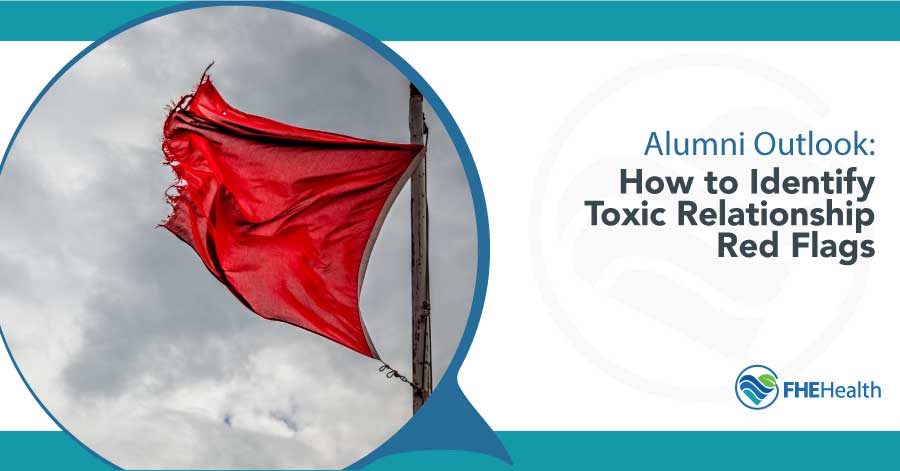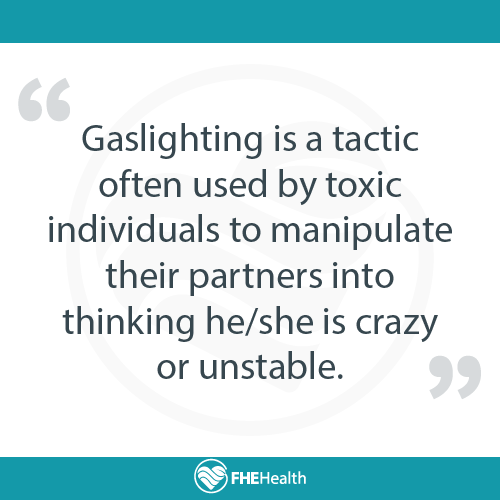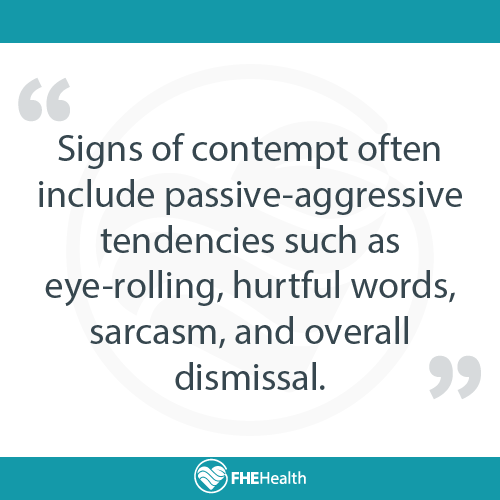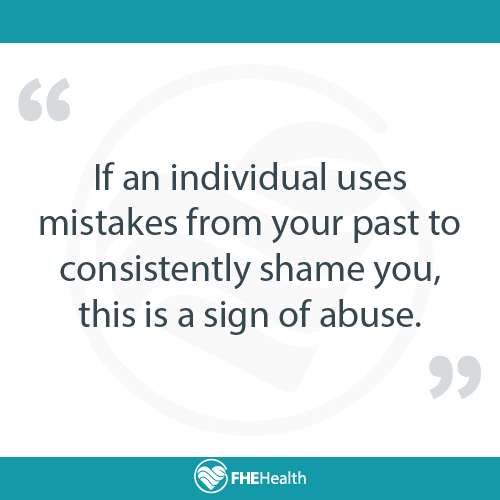
If I am completely honest, I was nervous about writing on the topic of toxic relationships. Keeping up with total transparency, I have been a glutton for chaotic, messy, most toxic relationships for as long as I can remember. Many of us that come into recovery feel like we have a degree in these unhealthy relationships. Even three years into my sobriety, I found myself miserable as I continued to participate in the chaos of a toxic relationship.
Many of us have experienced one, if not a few, significant relationships during our lifetime. Some of the earliest intimate encounters set the tone for how we form intimate bonds with other people. Many of us realize that most of our past relationships mirrored our own shortcomings and abusive patterns. “Birds of a feather flock together.” This concept is often referred to assortative mating, which is the natural process by which we select partners and form friendships based on similarities within ourselves. The similarities that draw many of us to these toxic relationships are things like turbulent family backgrounds, chaotic intimate relationships, emotional fragility, and lack of coping skills.
In order to avoid toxic people and toxic relationships, it is crucial that you know exactly what to look for. Emotional instability, turmoil, manipulation, and chaos become typical for an addict and are often overlooked, predisposing a recovering individual to these potential dangers. This kind of “normal” is not healthy, regardless of how comfortable it may be. Here is a list of a few red flags that can help you identify a potentially toxic relationship.
Lack of Communication
 If you find yourself engaging with someone who cannot reciprocate an open line of communication, you may be dealing with a toxic person. This type of individual often finds it difficult to express how they feel and will avoid discussing important issues. I’ve experienced many situations with individuals who were unable to communicate. Growing up, there were not many conversations surrounding emotions or important matters. In turn, I began to seek out relationships that mirrored some of the unhealthy situations I encountered in my childhood. I would find myself engaging with someone who was utterly unwilling to talk about much of anything. In fact, I would often be made fun of or “punished” with the silent treatment and overall unpredictable moodiness. This contributed to my anxiety and an overall feeling of loneliness. Communication is critical for any healthy relationship.
If you find yourself engaging with someone who cannot reciprocate an open line of communication, you may be dealing with a toxic person. This type of individual often finds it difficult to express how they feel and will avoid discussing important issues. I’ve experienced many situations with individuals who were unable to communicate. Growing up, there were not many conversations surrounding emotions or important matters. In turn, I began to seek out relationships that mirrored some of the unhealthy situations I encountered in my childhood. I would find myself engaging with someone who was utterly unwilling to talk about much of anything. In fact, I would often be made fun of or “punished” with the silent treatment and overall unpredictable moodiness. This contributed to my anxiety and an overall feeling of loneliness. Communication is critical for any healthy relationship.
Irresponsible, Immature, and Unpredictable
The specific characteristics are major red flags for looming chaos ahead. There have been many times in my life that I continued to surround myself with people that were doing the same reckless, irresponsible things I was doing or the people who I felt were worse off than I was. If you notice that an individual has trouble holding a job, setting goals for the future, taking care of themselves, or even managing their finances – these are major red flags. These individuals often live in chaos, and their lives are consumed with consecutive small crises. It would be fair to say that these particular individuals may be having a hard time maturing. In other words, they are not reliable, and this can set the perfect foundation for a codependent, toxic relationship.
Lack of Trust
 Looking back, this particular red flag is one that tends to crop up in all of my previous relationships. If a person has trouble being honest with themselves, it’s most likely that he/she is unable, to be honest with you. Some of the dishonesty may be malicious, but other times it may be the culprit of him/her being honest with themselves. In my past relationships, the lack of trust often stemmed from the individual dodging accountability for his actions. My exes certainly had no respect for me and lacked the integrity, to be honest within our relationship. This ultimately resulted in chaos and led me to believe that perhaps I was just crazy. Gaslighting is a tactic often used by toxic individuals to manipulate their partners into thinking he/she is crazy or unstable. Trust is the foundation of a healthy relationship.
Looking back, this particular red flag is one that tends to crop up in all of my previous relationships. If a person has trouble being honest with themselves, it’s most likely that he/she is unable, to be honest with you. Some of the dishonesty may be malicious, but other times it may be the culprit of him/her being honest with themselves. In my past relationships, the lack of trust often stemmed from the individual dodging accountability for his actions. My exes certainly had no respect for me and lacked the integrity, to be honest within our relationship. This ultimately resulted in chaos and led me to believe that perhaps I was just crazy. Gaslighting is a tactic often used by toxic individuals to manipulate their partners into thinking he/she is crazy or unstable. Trust is the foundation of a healthy relationship.
Contempt
One of the hardest red flags to recognize is contempt within the relationship. Contempt is defined as “the feeling that a person is beneath consideration, worthless, or deserving scorn.” Signs of contempt often include passive-aggressive tendencies such as eye-rolling, hurtful words, sarcasm, and overall dismissal. Contempt was a difficult red flag for me to recognize because I would often explain the unhealthy behavior away. Oh, I deserved that. This insane excuse often justified the contempt within my previous relationships. This pattern of behavior ultimately led to me feeling more insecure and deserving of abusive behavior.
Obsession
 This is most likely a common theme for individuals seeking relationships in recovery. I personally struggle with the all or nothing mentality. Looking back, I used to believe that if someone wanted to be in constant contact with me and they were mildly obsessed with always wanting to spend time with me, it was because “he loves me.” This delusional way of thinking ultimately led to me abandoning my own goals likes and needs to please whoever I was dating. Healthy relationships are based on the mutual ability to respect, trust, and support one another. If one party is obsessed with his/her partner, there is no balance within that relationship. Obsession is a toxic trait that may ultimately cause pain and dismantle healthy boundaries within the relationship.
This is most likely a common theme for individuals seeking relationships in recovery. I personally struggle with the all or nothing mentality. Looking back, I used to believe that if someone wanted to be in constant contact with me and they were mildly obsessed with always wanting to spend time with me, it was because “he loves me.” This delusional way of thinking ultimately led to me abandoning my own goals likes and needs to please whoever I was dating. Healthy relationships are based on the mutual ability to respect, trust, and support one another. If one party is obsessed with his/her partner, there is no balance within that relationship. Obsession is a toxic trait that may ultimately cause pain and dismantle healthy boundaries within the relationship.
Abusive Behaviors
This is a touchy subject. Abuse is not an easy subject to talk about. In fact, there are so many stigmas surrounding abuse that many victims often feel too shameful or afraid to speak out. Abuse doesn’t only come in the form of physical pain, but emotional, financial, and even sexual as well. If your partner laces their argumentative language with profanity, belittling words, and insults – this is a sign of emotional abuse. If an individual uses mistakes from your past to consistently shame you, this is a sign of abuse. If an individual sends consistent mixed messages of “I love you” but then also treats you horribly – this can be a sign of abuse. The cycle of abuse can be absolutely exhausting and terribly frightening. If you have experienced any type of psychological or physical abuse, you must seek help immediately. Healthy relationships are void of any form of abuse.
While existing in a toxic relationship, it can be hard to see the truth. Others may express their feelings and point out the warning signs, but you may have a hard time identifying them for yourself. Knowing the warning signs of a toxic relationship can ultimately prevent you from diving headfirst into an unhealthy, abusive, or codependent relationship.






